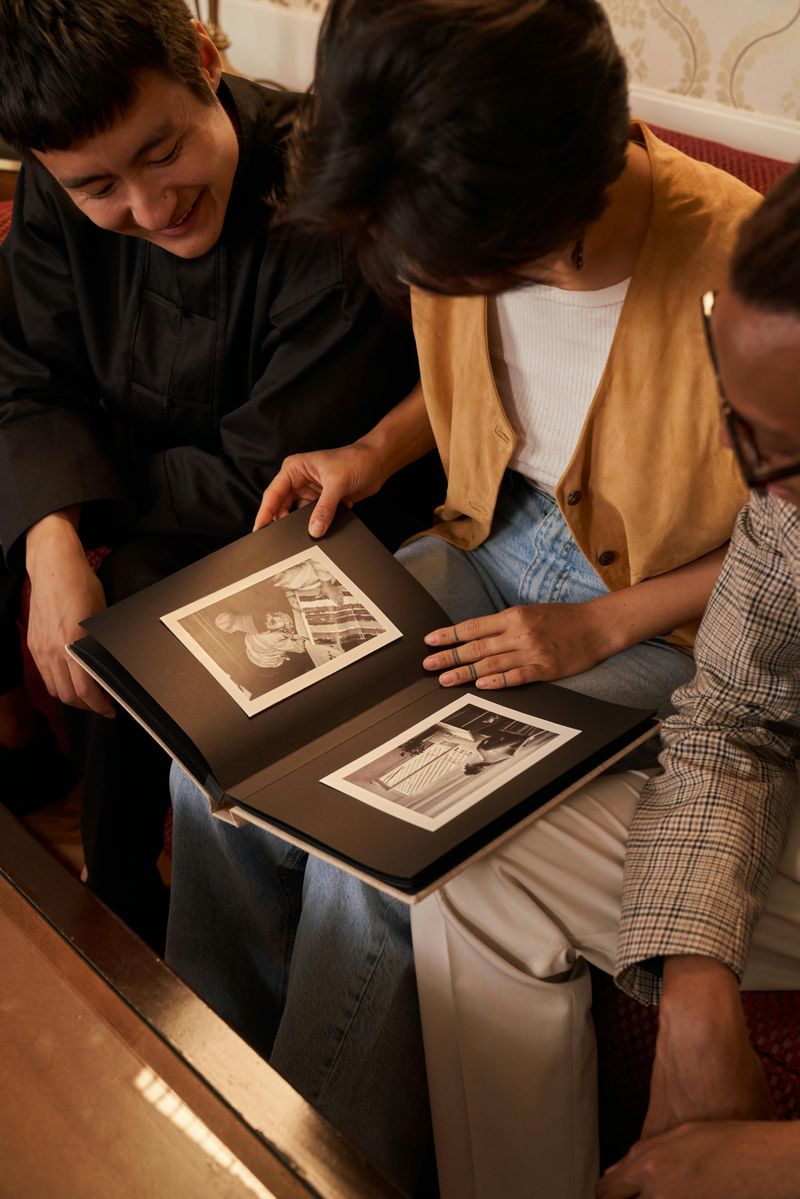Communication is the foundation of every healthy relationship, but what happens when your partner constantly sidesteps certain topics? Psychologists warn that avoiding specific conversations isn’t just about being uncomfortable—it often signals deeper emotional issues that can quietly damage your connection.
When someone consistently dodges important discussions, they’re not protecting the relationship; they’re actually preventing it from growing stronger. Recognizing these patterns early can help you understand what’s really happening beneath the surface and decide how to move forward together.
1. The “Feelings” Conversation
When your partner consistently shuts down the moment you ask how they’re really feeling, you’re witnessing more than simple discomfort. Emotional avoidance creates invisible walls that prevent genuine intimacy from developing.
Psychologists identify this pattern as emotional unavailability, a defense mechanism that slowly chips away at the foundation of your connection.
Partners who refuse to share their inner world often learned early in life that emotions are dangerous or unwelcome. They may have grown up in environments where vulnerability was punished or dismissed. Over time, this creates a relationship where one person feels constantly shut out.
2. The “What’s Wrong?” Conversation
You know something’s off. The energy has shifted, but when you ask, you hear the same hollow response: “I’m fine.” Except they’re clearly not fine, and the repeated denial creates a frustrating cycle that leaves you second-guessing your own perceptions.
Consistent emotional withdrawal like this often masks deeper anxiety or an intense fear of conflict. Some people believe that admitting something’s wrong will open floodgates they can’t control. Others worry that expressing discontent will lead to abandonment or judgment.
3. The “Money” Conversation
Talking about money triggers vulnerability in ways few other topics can match. If your partner refuses to discuss spending habits, savings goals, or existing debt, the issue runs deeper than simple discomfort—it’s often about control, shame, or hidden financial behaviors they’re not ready to reveal.
Financial transparency requires trust and a willingness to be judged on past decisions. People who avoid money conversations may carry deep embarrassment about their financial history or fear losing autonomy.
Without honest financial discussions, couples can’t build shared futures or navigate inevitable economic challenges together, leaving the relationship vulnerable to sudden crises.
4. The “Future Together” Talk
Does your partner dodge every question about commitment, marriage, or shared plans? That’s not someone who’s simply “going with the flow”—that’s emotional detachment disguised as casual flexibility.
When someone consistently avoids defining where the relationship is headed, they’re keeping one foot out the door.
People who fear loss of independence often refuse to nail down relationship definitions because it makes them feel trapped. They want the benefits of partnership without the vulnerability that comes with true commitment.
5. The “Boundaries” Talk
Attempting to discuss what’s acceptable behavior in your relationship should never result in defensiveness or anger, yet that’s exactly what happens with some partners. When you try to establish healthy boundaries and they respond with hostility, you’re seeing a major red flag waving directly in front of you.
Respecting boundaries demonstrates emotional maturity and genuine care for your partner’s wellbeing. Rejecting or dismissing boundaries, however, reveals a need for emotional control.
Partners who can’t handle boundary conversations often view them as personal attacks rather than relationship maintenance. They may have never learned that loving someone means respecting their limits, not pushing past them.
6. The “Conflict” Conversation
Silence becomes their weapon of choice whenever disagreements arise. Rather than working through arguments, they simply shut down, leaving issues to fester in the uncomfortable space between you. This avoidant communication style causes more damage than most people realize.
Unfortunately, unresolved conflict doesn’t disappear—it quietly builds resentment like interest on unpaid debt. Eventually, the accumulated hurt becomes so overwhelming that the relationship crumbles under the weight of everything that was never addressed, never resolved, never healed through honest conversation.
7. The “Accountability” Conversation
They hurt you, but somehow the conversation ends with you apologizing instead. Partners who can’t admit when they’ve caused pain—or worse, who immediately flip the blame back onto you—are revealing a defense mechanism rooted in shame or fragile self-esteem that can’t handle criticism.
Taking responsibility requires emotional strength and secure self-worth. People who deflect accountability often carry deep-seated beliefs that admitting fault means admitting they’re fundamentally flawed or unlovable.
Instead of acknowledging mistakes and repairing damage, they protect their fragile ego by making you the problem. This pattern creates toxic cycles where genuine resolution becomes impossible, trust erodes steadily, and you start questioning your own reality and whether your feelings even matter anymore.
8. The “Family or Past Trauma” Conversation
When your partner refuses to discuss their childhood, family dynamics, or painful past experiences, you’re seeing unresolved wounds they’re desperately trying to keep buried. They may believe that if they don’t talk about the past, it somehow loses its power over them. Unfortunately, the opposite is true.
Avoiding the past doesn’t erase it—it repeats it in new and often more destructive ways. Unprocessed trauma shapes how people respond to intimacy, conflict, and vulnerability in present relationships.
9. The “Are We Happy?” Check-In
You want to evaluate how things are going, but your partner deflects with humor, changes the subject, or becomes immediately defensive. This isn’t just someone who dislikes serious conversations—it’s someone who fears what honest reflection might reveal about the relationship’s health or their own shortcomings.
Healthy partners can reflect together on their relationship’s strengths and weaknesses without falling apart. Avoidant partners, however, fear that reflection will lead to uncomfortable accountability or, worse, the loss of the relationship entirely.
They’d rather maintain a comfortable illusion than risk discovering problems that need addressing.









